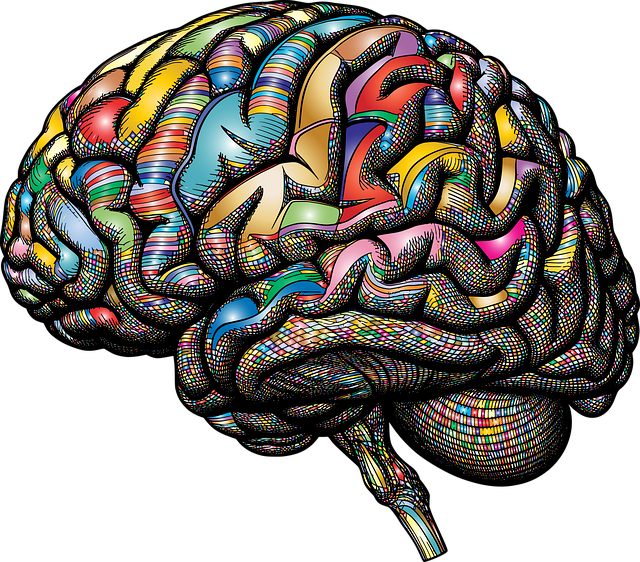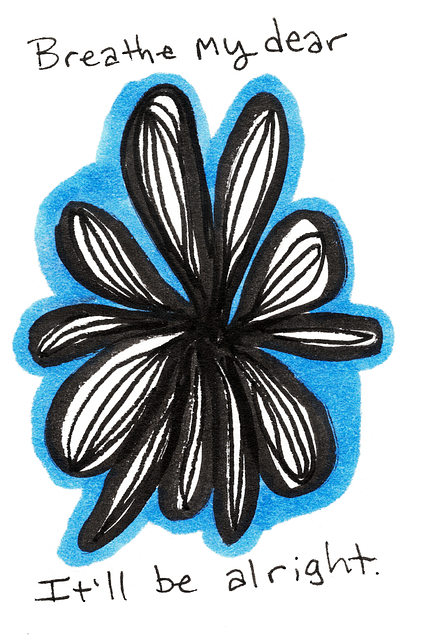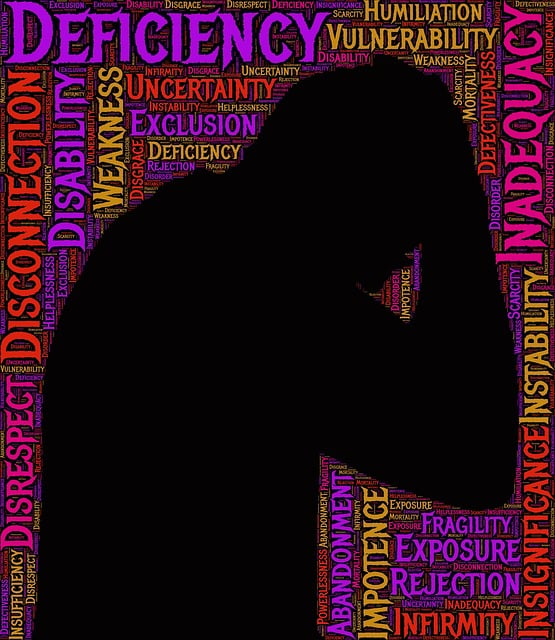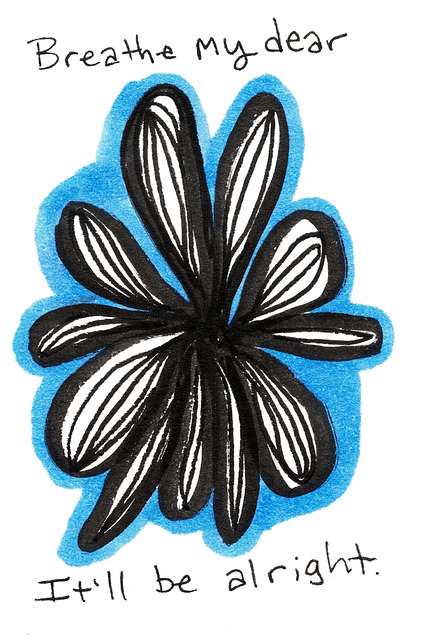Littleton Gender Identity Therapy offers inclusive, evidence-based stress management workshops designed to empower individuals navigating diverse identities and challenges. Combining cognitive-behavioural therapy, mindfulness, and self-esteem strategies, their tailored sessions enhance mental wellness and resilience. Through community outreach programs, they ensure accessibility, fostering a supportive environment that promotes open dialogue, cultural understanding, and mental health awareness in alignment with advocacy frameworks.
Stress management workshops are a vital tool for enhancing well-being and resilience. This article delves into the art of organizing effective sessions, exploring key aspects from understanding stress and its impact to designing inclusive spaces. We examine the unique contribution of Littleton Gender Identity Therapy in crafting workshop content, ensuring a holistic approach. Learn how these structured programs can be tailored to promote accessibility for all, fostering a supportive environment for personal growth and reduced stress levels.
- Understanding Stress and its Impact on Well-being
- Designing Effective Workshops for Stress Management
- The Role of Littleton Gender Identity Therapy in Workshop Creation
- Promoting Accessibility and Inclusivity in Stress Management Workshops
Understanding Stress and its Impact on Well-being

Stress is a universal experience that can stem from various sources, and its impact on mental and physical well-being cannot be overstated. It’s a response to demands placed upon us, whether they’re from work, personal relationships, or major life changes. At Littleton Gender Identity Therapy, we recognize that stress management is a crucial aspect of holistic health, especially for individuals navigating complex identities and challenges.
Unmanaged stress can lead to a range of issues, from anxiety and depression to compromised immune function and chronic physical ailments. That’s why our workshops focus on providing effective crisis intervention guidance and fostering self-awareness exercises tailored to individual needs. Through community outreach program implementation, we aim to empower participants with strategies to navigate stressful situations, ultimately enhancing their overall resilience and quality of life.
Designing Effective Workshops for Stress Management

Designing effective workshops for stress management involves tailoring content to meet participants’ diverse needs. At Littleton Gender Identity Therapy, we understand that stress can manifest differently based on individual experiences and identities. Thus, our workshops focus on creating a safe and inclusive space where everyone feels empowered to explore their unique responses to stress. We incorporate interactive activities, mindfulness exercises, and evidence-based strategies for building inner strength and promoting mental wellness.
Through our Community Outreach Program Implementation, we strive to make these workshops accessible to all. By engaging participants in practical techniques for managing daily stressors, we equip them with the tools necessary to thrive in their personal and professional lives. Our goal is not just to teach coping mechanisms but to foster a sense of community and shared understanding, ultimately enhancing overall well-being.
The Role of Littleton Gender Identity Therapy in Workshop Creation

Littleton Gender Identity Therapy plays a pivotal role in crafting effective stress management workshops. Their expertise lies in understanding the intricate connection between mental health, identity, and overall well-being. By drawing on evidence-based practices, they design workshops tailored to address specific stressors and promote resilience. The therapy centre’s approach is holistically focused, integrating techniques from cognitive-behavioural therapy, mindfulness practices, and self-esteem improvement strategies.
In these workshops, participants learn valuable mind over matter principles aimed at challenging negative thought patterns and cultivating a positive mindset. Beyond individual growth, Littleton Gender Identity Therapy fosters a sense of community, empowering attendees to advocate for their mental health needs in line with the Mental Health Policy Analysis and Advocacy landscape. Through collaborative efforts, they ensure that stress management workshops are not just informative but also transformative experiences.
Promoting Accessibility and Inclusivity in Stress Management Workshops

In designing stress management workshops, it’s crucial to promote accessibility and inclusivity to cater to a diverse range of participants. This involves ensuring that the workshop environment is welcoming and accommodating for individuals from various backgrounds, including those with different abilities, cultural perspectives, and gender identities. For instance, Littleton Gender Identity Therapy emphasizes the importance of inclusive practices in mental health education programs design. Providing materials in multiple languages, offering sign language interpretation services, and incorporating diverse cultural references can significantly enhance participation.
Additionally, integrating Trauma Support Services and Self-Esteem Improvement activities tailored to different needs ensures that every attendee feels supported. A well-designed workshop should foster a safe space where participants feel comfortable sharing their experiences without fear of judgment or discrimination. This approach not only enhances the effectiveness of stress management strategies but also encourages open dialogue, fostering a sense of community and mutual understanding among attendees.
Stress management workshops, designed with a holistic approach, can significantly enhance well-being. By combining insights from understanding stress, effective workshop design, and the expertise of organizations like Littleton Gender Identity Therapy, these sessions become powerful tools for personal growth. Promoting accessibility and inclusivity ensures that everyone has the chance to participate and benefit. This article offers practical guidance for creating such workshops, encouraging individuals to take control of their mental health and find balance in today’s fast-paced world.














